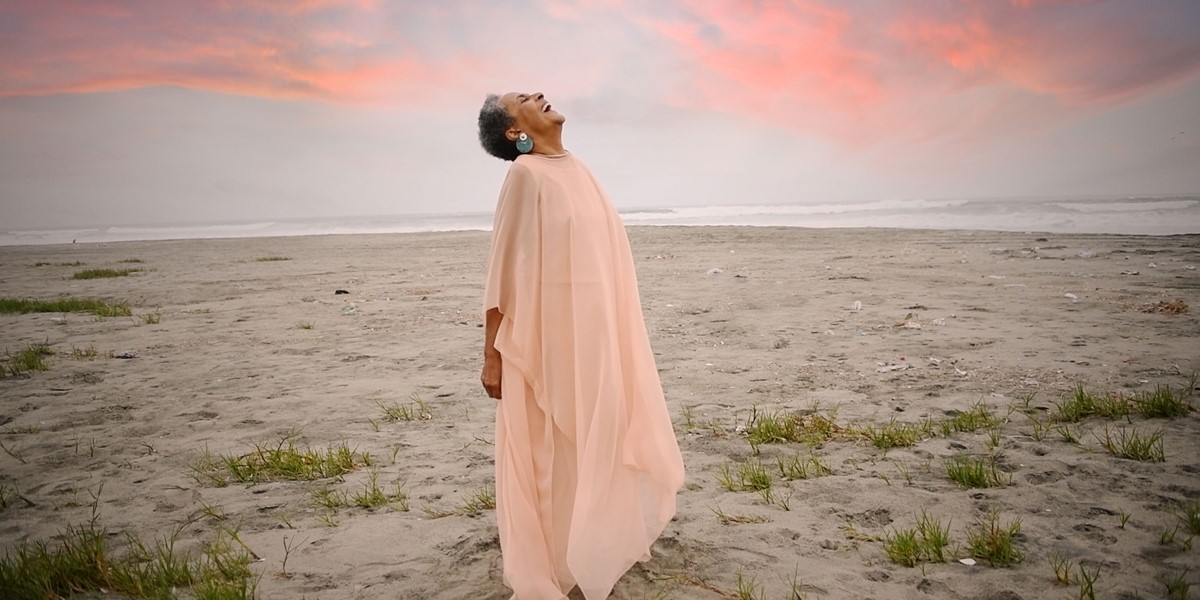Friday, November 26, 2021
“These trying times in which we now live demand combative women willing to risk it all to give us our freedom” | Susana Baca interview
By Chris Moss
For five decades Susana Baca has been performing plangent protest songs in the name of South America’s marginalised peoples, the poor and the planet. On the eve of the release of her latest album, Palabras Urgentes, the Afro-Peruvian diva talks to Chris Moss


Register now to continue reading

Thanks for visiting the Songlines website, your guide to an extraordinary world of music and culture. Sign up for a free account now to enjoy:
- Free access to 2 subscriber-only articles and album reviews every month
- Unlimited access to our news and awards pages
- Our regular email newsletters

